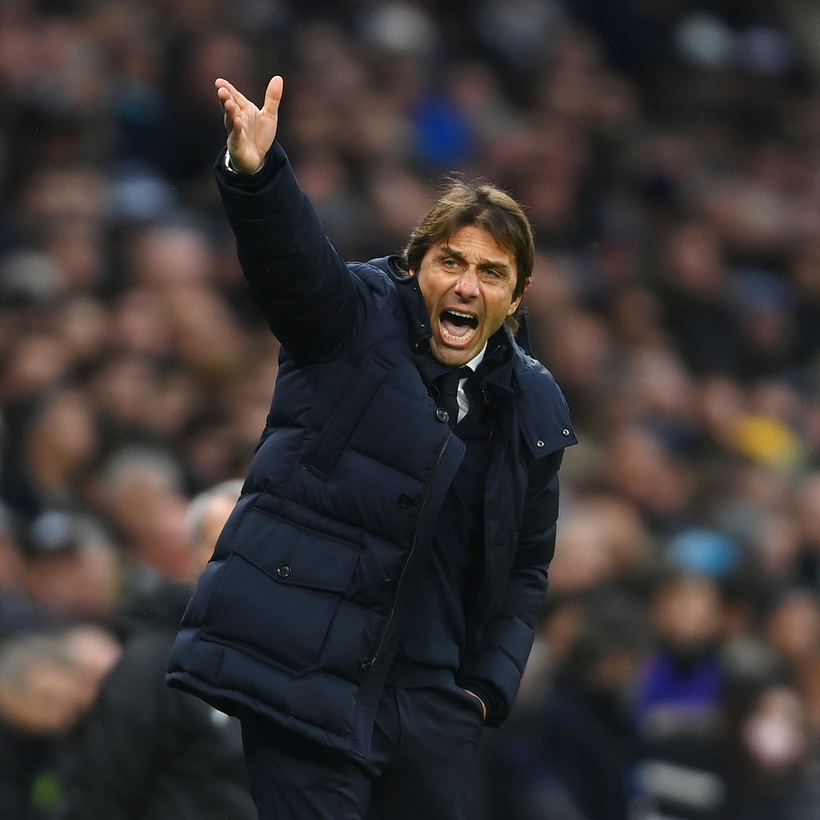Anyone whose point of reference for British professional soccer is the globally successful Apple TV series Ted Lasso may believe that all a team needs to turn its fading fortunes around is a relentlessly cheerful American college-football coach with a knack for improvised folk wisdom. Events these past weeks in the savagely competitive and highly lucrative Premier League, however, suggest that managing a top men’s team is too tough even for the most experienced head coaches.
The Monday before last, one of the world’s pre-eminent soccer clubs, North London’s Tottenham Hotspur—known widely as Spurs—let go of their Italian manager, Antonio Conte. They are now hunting for their fourth coach in as many years.


